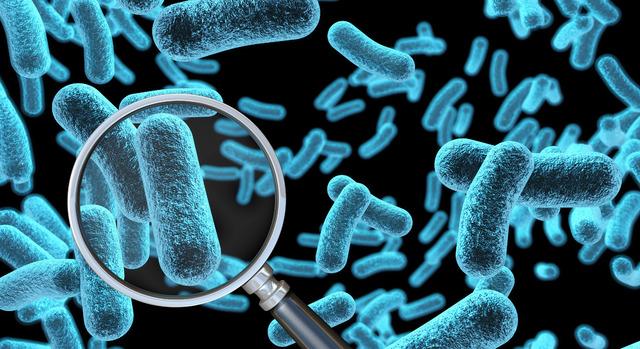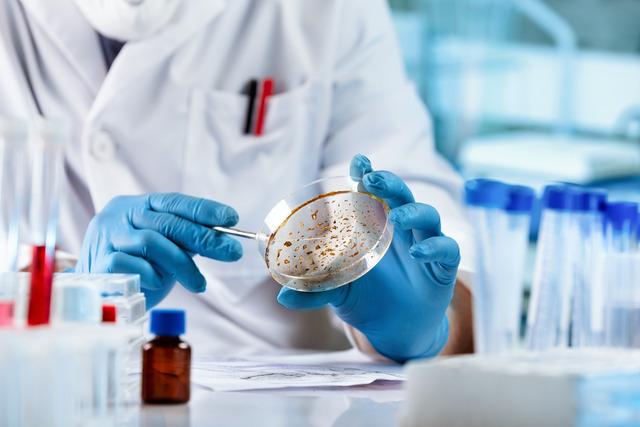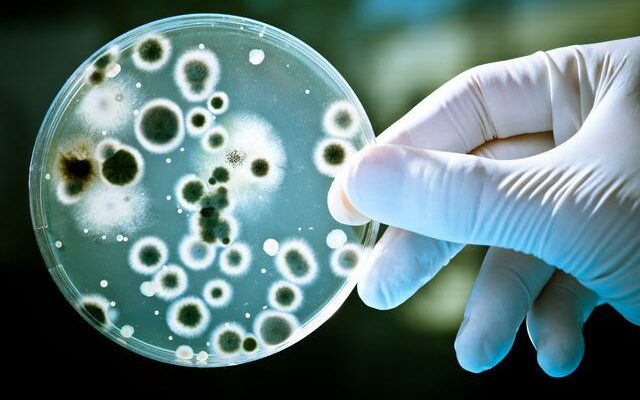While everyone is following the developments and warnings regarding health in the world after the pandemic, some warnings from scientists are causing concern. Finally, the results of a study have drawn a worrying picture about the near future. According to the studies, antibiotic-resistant bacteria have become dangerously strong. Scientists predict that approximately 40 million people will lose their lives by 2050 due to bacteria also known as hospital germs.
According to the news on NTV; The Super Bacteria crisis is deepening. By 2050, approximately 40 million people will die because no medicine will help. The research team, consisting of microbiology experts from dozens of countries, examined 30 years of patient records in 204 countries.

‘CASES WILL INCREASE BY 70 PERCENT IN 25 YEARS’
It was determined that deaths due to antibiotic-resistant bacteria increased by 80 percent in patients over the age of 70. The study published in the Lancet journal emphasized that antibiotic-resistant infection cases will increase by 70 percent in the next 25 years. This means that 39 million people will lose their lives even if all known drugs and antibiotics are used.

It is stated that the bacteria that develops the most resistance to antibiotics is Staphylococcus aureus, also known as MRSA, and that deaths due to this infection have more than doubled between 1991 and 2021, exceeding 130 thousand. It is stated that these bacteria, which can cause serious complications such as blood poisoning, especially in patients in intensive care, and even death, can be destroyed with difficulty even with the most powerful antibiotics.

THE DANGER OF USING UNNECESSARY ANTIBIOTICS
It is known that unnecessary use of antibiotics accelerates the development of resistance in bacteria. Scientists warn that even the simplest infections could become deadly in the future as antibiotic-resistant bacteria become stronger.
